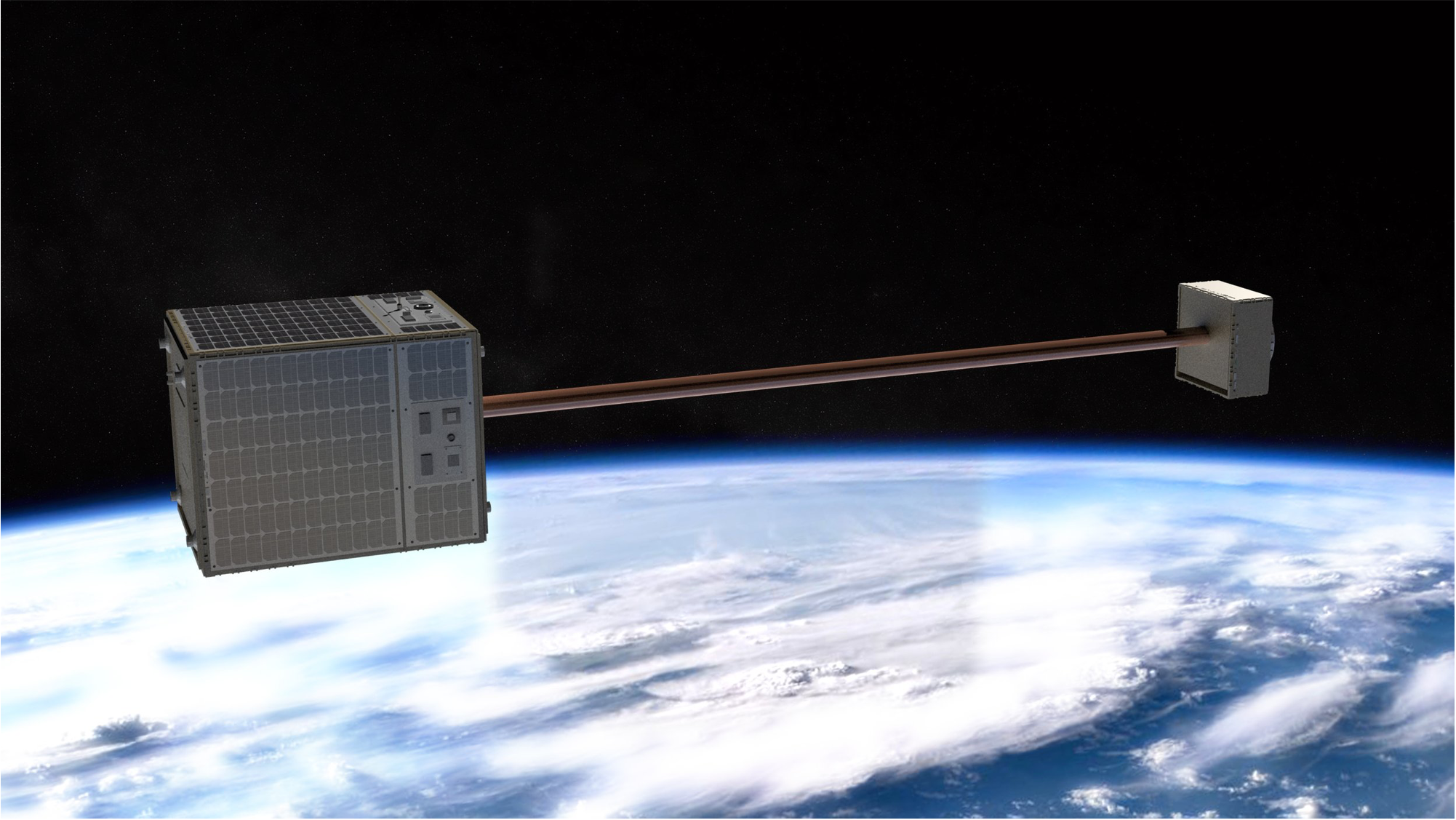Max Q: Solving artificial gravity with gravityLab
Hello and welcome back to Max Q!
In this issue:
- Solving artificial gravity with gravityLab
- News from Atomos Space and more
But first… The Aerospace Corporation and TechCrunch are joining forces to host a pitch competition to find the strongest startups using AI/Machine Learning to work with satellite data streams. Finalists will get the rare opportunity to pitch in front of our judges on the Space Stage at TechCrunch Disrupt 2023 and exhibit their AI/ML startup at Disrupt 2023 this September. Apply today!
Living without gravity spells disaster for the human body. Even a few weeks in microgravity can lead to issues with circulation and vision; over the longer term, the complications compound even further. The heart begins to degenerate and atrophy. Bones turn thin and brittle.
But what about Martian gravity, which is around 0.38 that of Earth? Or somewhere in-between — 0.16 G on the moon, or 0.91 on Venus? How do these gravity levels affect the body, plants and other organisms, even manufacturing processes? We have astonishingly few answers to these questions.
gravityLab wants to find some. Click the link above to learn how.

Image Credits: gravityLab (opens in a new window)
More news from across TC
- Astrobotic, Blue Origin and Varda Space are among the 11 awardees of new NASA funding for “tipping point” technologies.
- Atomos Space, an in-space logistics startup, will launch its first demonstration mission on SpaceX’s Transporter-10 in the first quarter of 2024, as the company looks to gain an early foothold in the emerging market for orbital transfer services.
- Congress heard from pilots on their encounters with unexplained aerial phenomena.
- Impulse Space, the space logistics startup headed by founding SpaceX employee Tom Mueller, has closed a $45 million Series A led by RTX Ventures, the venture capital arm of RTX (formerly Raytheon Technologies).
- NASA is launching its own streaming service, NASA+, later this year.
- The Federal Aviation Administration is in the early stages of formulating regulations for commercial human spaceflight, an industry that’s starting to pick up some speed.
Max Q is brought to you by me, Aria Alamalhodaei. If you enjoy reading Max Q, consider forwarding it to a friend.

